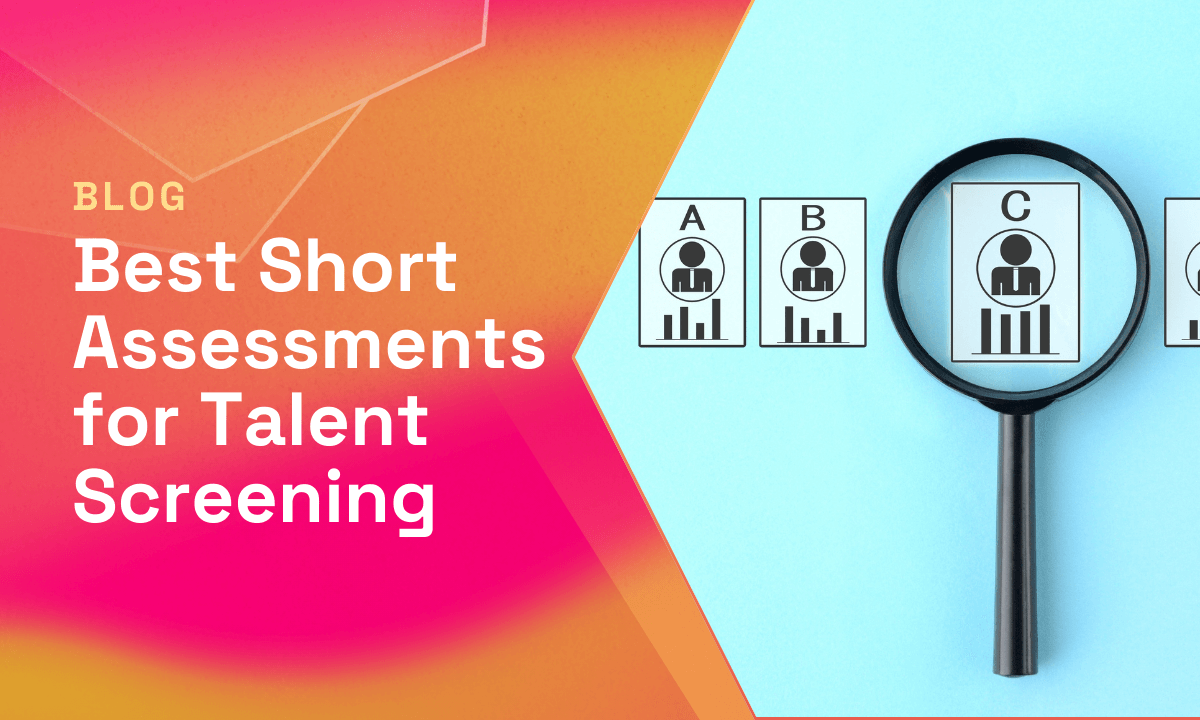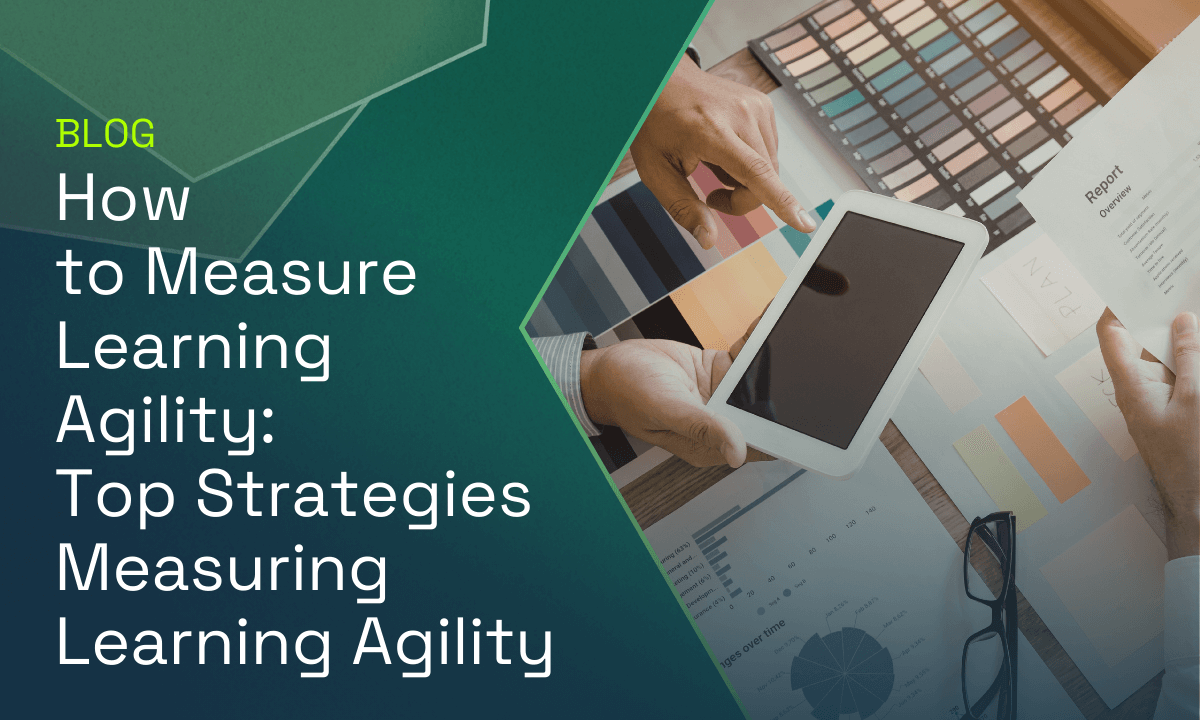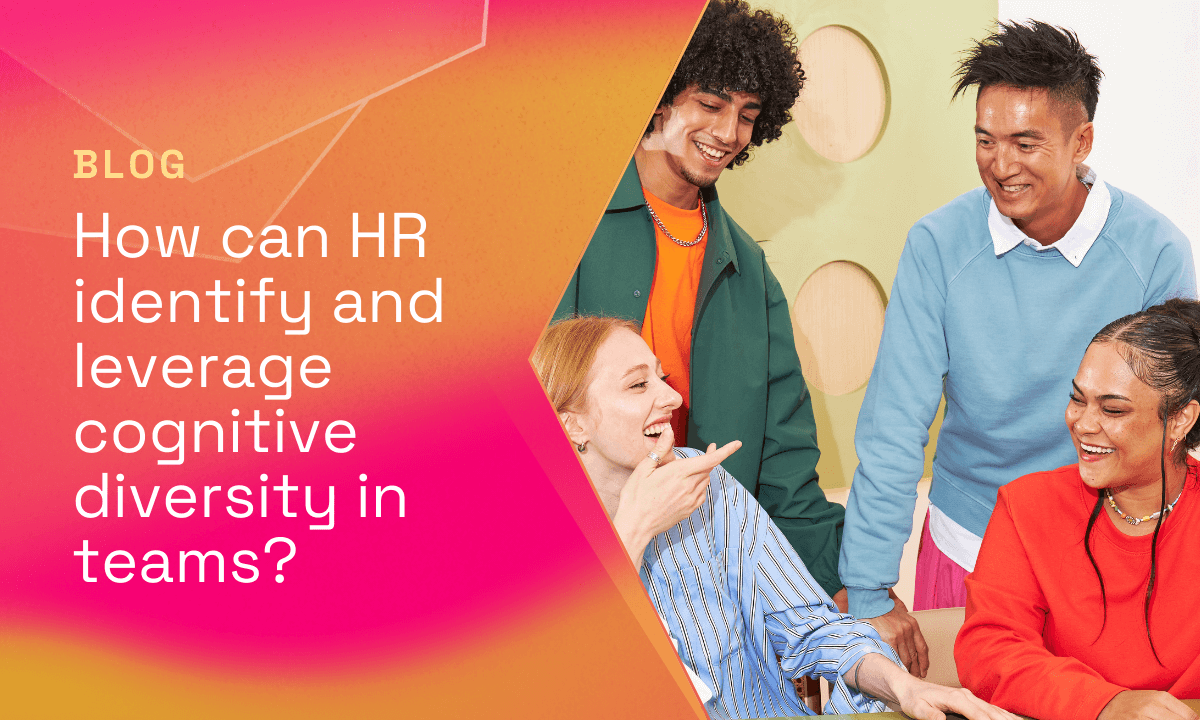Deciphering Cognitive Diversity: A Guide to Unleashing Team Brilliance
In the ever-evolving landscape of team dynamics, buckle up for a game-changer! New research is turning conventional beliefs on their heads, revealing a surprising truth about diversity.
Adding to the importance of intersectionality in the hiring process , cognitive diversity is the secret sauce for completing the creation of successful teams and their performance. So, let’s unravel the intricate world of cognitive diversity, explore its multidimensional nature, and discuss its interconnectedness with personality. How can organizational leaders leverage cognitive diversity to unleash team performance?
Rethinking what it means to create diverse teams
In today's business landscape, companies have a challenge of overcoming the natural tendency for creating like-minded teams. Psychologists warn that a culture promoting conformity of thought breeds stagnation, jeopardizing a company's vitality. It is noted that organizations often end up with individuals of similar mindsets and personalities. This often limits the potential to strengthen work with diverse input and a failing to represent the diversity of the employee population.
Although intersectionality is key to making a workplace more welcoming and inclusive, organizations that also focus on increasing cognitive diversity see more benefits. In fact, an in-depth analysis of over 100 strategic execution exercises with what were considered diverse executive teams demonstrated a surprising lack of correlation between traditional diversity factors (age, ethnicity, gender, etc.) and group success in managing complex situations. The study emphasizes the critical role of cognitive diversity, exploring how individuals approach new, uncertain, and complex situations. Teams exhibiting high cognitive diversity, measured through knowledge processing and perspective, demonstrated a significant correlation with superior performance, challenging conventional notions about the determinants of successful team dynamics.

Cognitive diversity is a multifaceted concept, encompassing distinct thought patterns, diverse problem-solving approaches, and variations in information processing and learning styles. This holistic understanding acknowledges that individuals bring unique perspectives shaped by how they perceive, analyze information, and approach problem-solving. Beyond cognitive processes, it extends to include personality styles, emphasizing the importance of considering not only how individuals approach problems but also how their personalities contribute to the overall cognitive dynamics within a team or organizations.
The interplay between cognitive diversity and personality
Research has established notable links between personality traits and learning processes. For example, compassionate individuals tend to exhibit enhanced verbal and quantitative knowledge skills. An additional investigation into the association between Five Factor Model personality traits highlighted better reasoning among introverts and unexpected correlations between personality traits like Neuroticism and cognitive abilities.
A synthesis of 79 personality traits and 97 cognitive abilities provides a profound understanding of human diversity and individuality, emphasizing the need to keep exploring these connections for unlocking human potential.
What is the takeaway for leaders?
Overcoming the perils of like-minded teams in today's business landscape requires active promotion of cognitive diversity, with management strategies playing a pivotal role. The first step requires proper analysis of a team’s current level of cognitive diversity, but the work doesn’t stop there.
Nurturing cognitive diversity within teams is both an art and a science, essential for unleashing the full spectrum of creative brilliance. Fostering an inclusive environment where diverse perspectives are not only welcomed but actively sought creates a foundation for cognitive diversity to flourish. Encouraging open communication and acknowledging the value of unique viewpoints creates a culture where team members feel empowered to contribute authentically.

Additionally, strategic team composition plays a pivotal role — mixing individuals with varied backgrounds, expertise, and thinking styles enhances the potential for cognitive diversity to thrive. Leaders should also champion continuous learning, promoting the exchange of ideas and challenging assumptions, fostering an intellectually dynamic atmosphere.
Leveraging tools like personality assessments and cognitive diversity platforms can provide valuable insights, aiding leaders in understanding the intricacies of their team's cognitive landscape and optimizing collaboration for peak performance. Tools like Deeper Signals' Core Drivers prove instrumental in decoding cognitive diversity rooted in personality traits. The platform offers visually intuitive team reports that vividly depict the spectrum of thinking styles and behaviors among team members.
It's time to rewrite the playbook, where cognitive diversity isn't just a buzzword; it's the key to unlocking your team's full potential. 🌟🚀





























